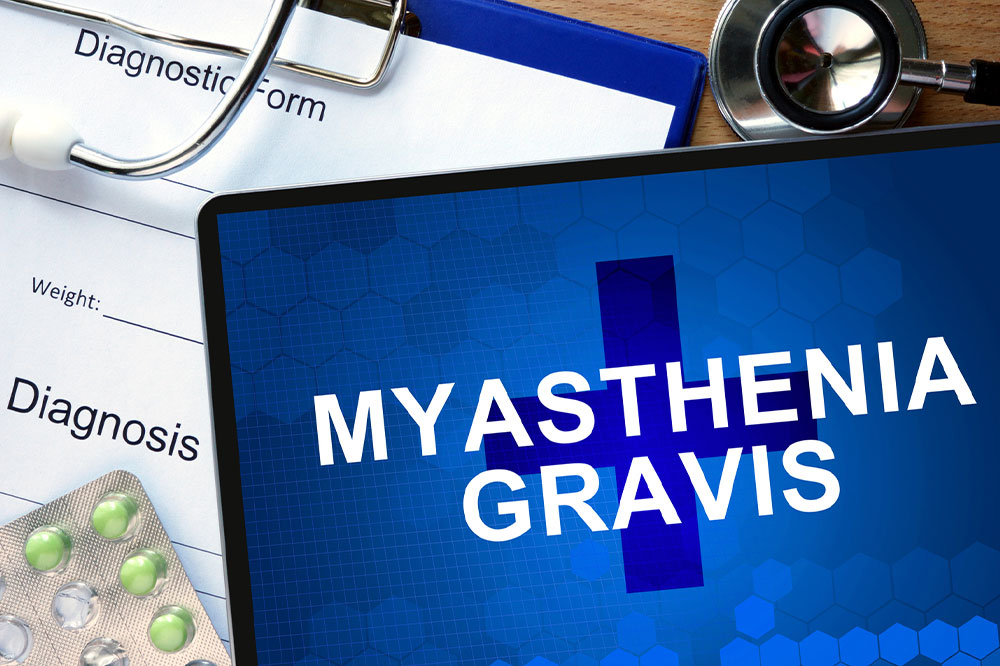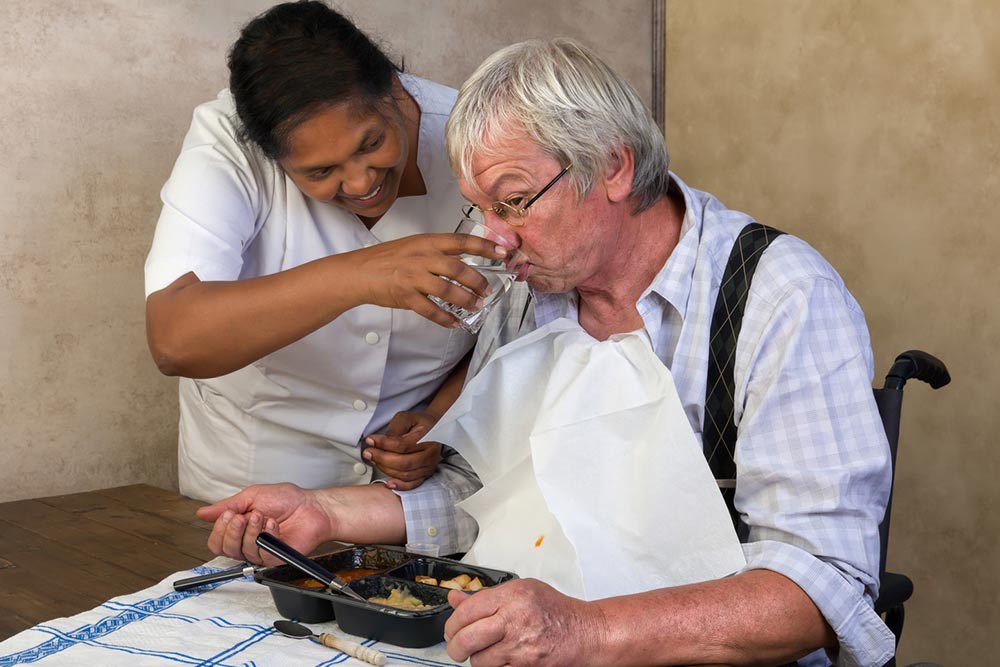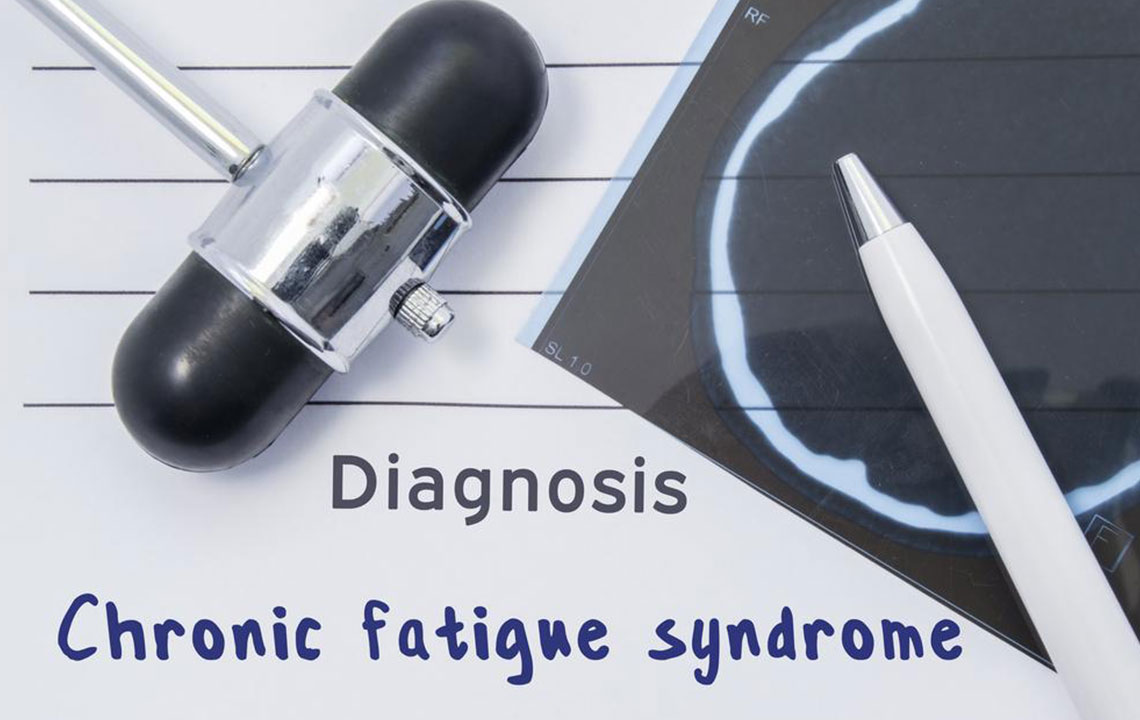Understanding Mastocytosis and Its Treatment Strategies
Mastocytosis is characterized by abnormal mast cell buildup in organs, causing allergy-like symptoms. While no cure exists, management strategies such as UV therapy, medication, and lifestyle modifications can help control symptoms. Regular medical care and support are essential for living effectively with the condition.

Understanding Mastocytosis and Its Treatment Strategies
Mastocytosis involves an abnormal buildup of mast cells, a type of immune cell, within organs such as the skin or intestines. This accumulation leads to symptoms reflecting the affected area. While no definitive cure exists yet, various treatments can help control symptoms. This article explains what mastocytosis is and explores available management options to improve quality of life.
What is mastocytosis? Mastocytosis is a condition marked by excessive mast cell growth in one or more organs, disrupting normal immune responses. Mast cells release histamine when triggered, resulting in allergy-like symptoms. If these accumulations occur in the skin, it’s called cutaneous mastocytosis; if other organs are involved, it’s systemic mastocytosis.
Management approaches aim to reduce histamine effects and ease symptoms. Treatments vary based on the affected organs. For skin issues, therapies target rashes and blisters; for gastrointestinal symptoms, treatments aim to relieve discomfort; and for bone pain, methods focus on pain relief and strengthening bones. Common treatment options include:
Ultraviolet Light Therapy Ultraviolet (UV) exposure can help reduce skin lesions in cutaneous mastocytosis by calming immune responses.
Surgical Removal Surgeons can excise skin lesions if necessary, with precautions taken beforehand to discuss possible side effects.
Targeted Medications These drugs focus on specific genetic or protein markers, limiting mast cell growth while minimizing damage to healthy cells.
Stem Cell Transplant This procedure replaces faulty bone marrow with healthy stem cells but is less common due to variable results.
Chemotherapy Used primarily when mastocytosis progresses to cancer or becomes aggressive.
Symptom Management For indolent types, treatment centers on alleviating symptoms and preventing triggers.
Self-care and Lifestyle Tips include:
Trigger Avoidance Identifying and avoiding triggers like certain foods, medications, or insect bites helps prevent symptoms.
Prompt Reaction to Allergies Quick treatment of allergic responses is essential for safety.
Medical ID Wearing a medical alert bracelet helps emergency responders recognize the condition immediately.
Regular Checkups Routine visits ensure ongoing assessment and personalized care adjustments.
Emotional Support Connecting with loved ones and support groups provides emotional resilience during treatment.










